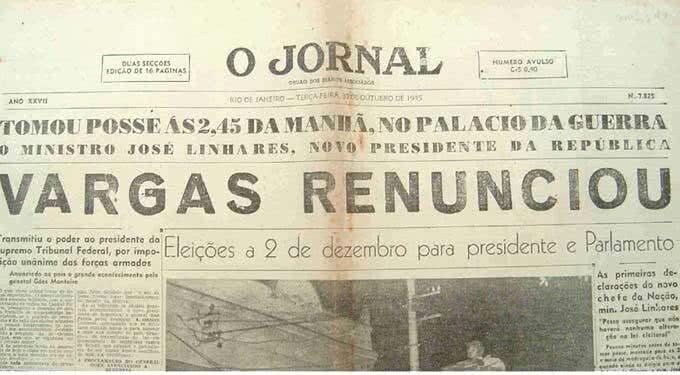There are several paths to understanding of history. Studying heavy and voluminous books and a compilation of files is one of them. Visiting archives and museums is another. Watching films with historical themes is yet another possible path. But these paths do not always call attention to the study of the past and to understanding the meaning of this study.
It may be necessary to highlight one of the aspects related to historical narrativeto have a better spirit for the study of history: it is about the relationship between History and Imagination. The discipline of History is fundamentally articulated in the form of a narrative. All the research that a historian does, consulting archives and reading heavy volumes in libraries, results in a narrative, in a text with arguments and plot construction. Thus, there is a very close approximation with Literature. However, we know that literary texts need not necessarily be concerned with sources and references, as they can be governed by free imagination.
However, imagination is also present in books written by historians. But it is not an imagination in the sense of falsifying reality, it is an imagination that gives sense for the narrative being constructed, an imagination that makes an ancient battle scene (such as Gaugamela's battle, which was the most important battle fought by Alexander, the Great) attractive because of the historian's description of it.
Although not free, the historical imagination is fundamental to the creation of a narrative that is addressed to the readership of history books. It is even part of the construction of the identity of a community, a people, a nation or even an entire civilization. In this sense, reading a history book has many similarities to the act of reading a literary book.
This emphasis on the role of imagination in History should always be in the mind of those who have difficulties in understanding the importance of History for life.
By Me. Cláudio Fernandes



